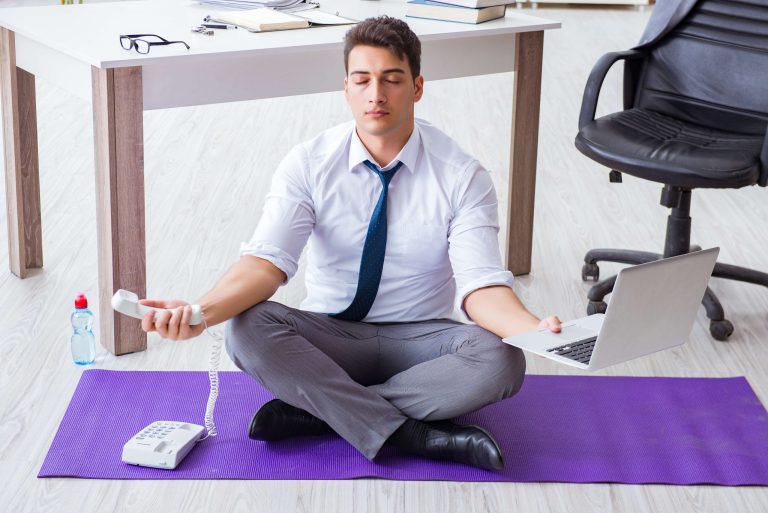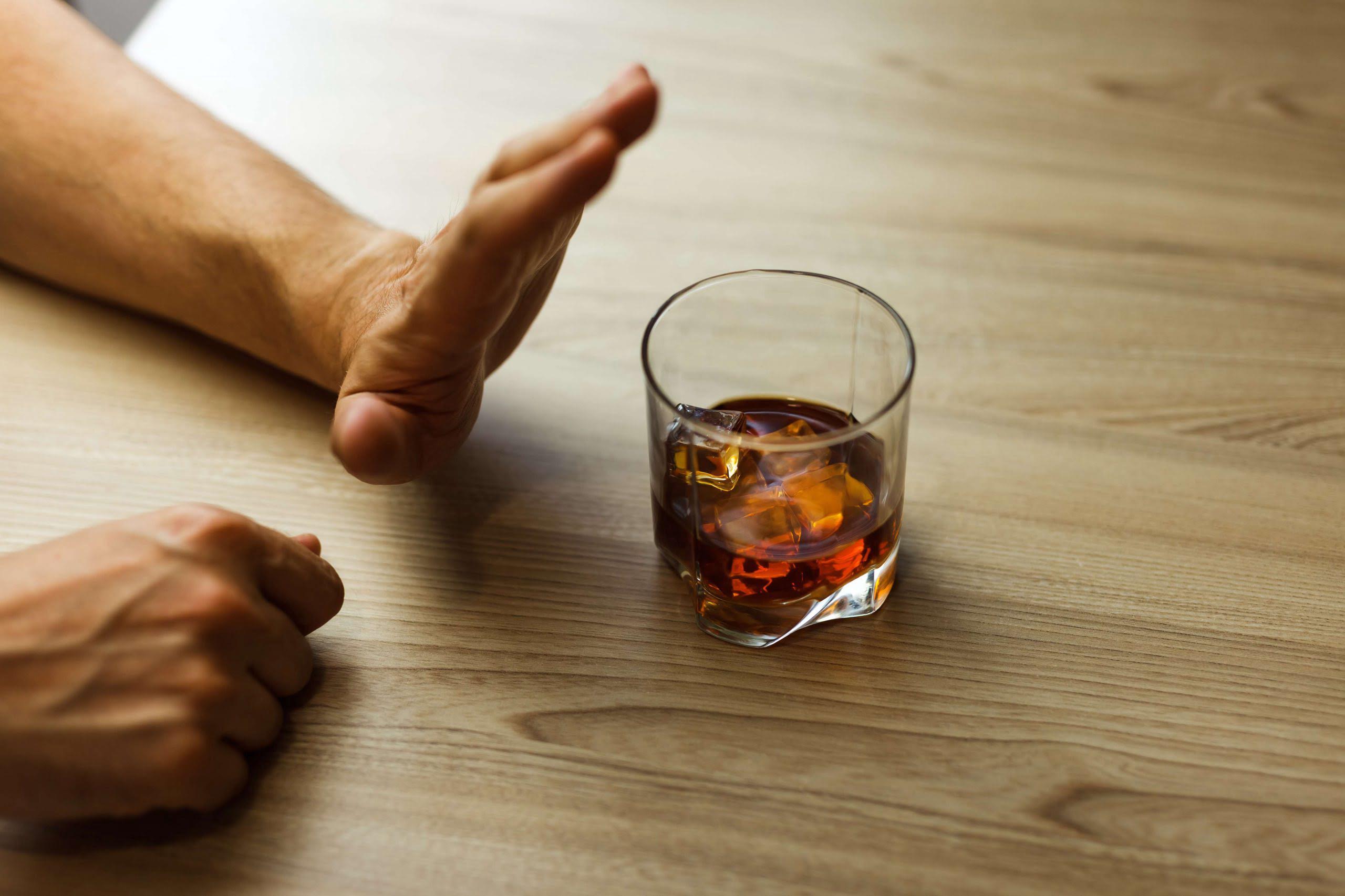All Addiction Resource content is medically reviewed or fact checked to ensure as much factual accuracy as possible. Addiction Resource aims to provide only the most current, accurate information in regards to addiction and addiction treatment, which means we only reference the most credible sources available. What distinguishes a habit from an addiction is how it alcoholics anonymous can affect a person emotionally, physically, and the extent to which it interferes with other aspects of their life. Many people use social media to forge social connections, keep up with news, or for work or academic purposes. While it is possible to try to limit social media use without medical intervention, in some cases, professional help may be necessary.
Social media use provides these individuals with continuous rewards that they’re not receiving in real life, so they end up engaging in the activity more and more. This continuous use eventually leads to multiple interpersonal problems, such as ignoring real life relationships, work or school responsibilities, and physical health, which may then exacerbate an individual’s undesirable moods. This then causes people to engage in the social networking behavior even more as a way of relieving dysphoric mood states. When social network users repeat this cyclical pattern of relieving undesirable moods with social media use, the level of psychological dependency on social media increases.
We can become overwhelmed by our inability to measure up to these “perfect” people who exist only in the Matrix. We give up trying and sink into depression, or what neuroscientists called “learned helplessness.” While social media can seem like mindless and relaxing fun, it actually has a significant effect on your brain. While social media first started as a way to connect with friends and family, it’s since evolved into a coveted hobby used by all age groups.
People who overuse social media may benefit from individual counseling, behavioral therapy, and treatment for co-occurring disorders. While many people are able to use social media on a daily basis with no problem, those suffering from a social media addiction are consumed by their need to use and engage on social networking sites. Reducing screen time is a great way to combat problematic social media use; however, if the addiction is too severe you may require professional help. Another aspect of social anxiety triggered by online media use is the fear of missing out (FOMO), the extreme fear of not being included or missing a social event. FOMO can take a toll on self-esteem and lead to compulsive checking of social media platforms to ensure that an individual isn’t missing out on anything, which can cause problems in the workplace and in the classroom.
- A “yes” to more than 3 of these questions may indicate the presence of a social media addiction.
- If you feel that any of our content is inaccurate, out-of-date, or otherwise questionable, please contact at
- The need to gain likes on social media can cause teens to not only alter their appearance but also to make choices they would otherwise not make, including accepting risky social media challenges and engaging in negative behaviors.
- Get professional help from an addiction and mental health counselor from BetterHelp via phone, video, or live-chat.
Social media addiction is when a person feels an extreme compulsion to log in or use social media. They may also feel an overwhelming concern about social media and devote a large amount of time ciprofloxacin oral route side effects to it. Research suggests that by 2016, adolescents spent an average of 6 hours a day on social media. Get professional help from an online addiction and mental health counselor from BetterHelp.
What type of people are addicted to social media?
In addition, there are some things you can do on your own to help overcome a social media addiction. A counselor or therapist can help identify the underlying causes or triggers of your compulsive social media use. For instance, using social media to escape from life’s problems rather than dealing with them directly. Social media addiction is not an officially recognized diagnosis or treatable mental health condition. However, that does not mean it cannot be harmful to your overall health and wellbeing.
This way, social media can be something that enhances your quality of life, instead of diminishing it. While not an official diagnosis, social media addiction can contribute to serious consequences for a person’s physical and mental health. If logging into social media has become more of a problem than a hobby, it’s time to consider the possibility of having a social media addiction. Their excessive social media use isn’t necessarily about staying connected to others, either – though it can start that way. In this article, we will explore some of these risk factors, along with the harmful impact of social media overuse and how to identify and overcome it. This type of psychological withdrawal is similar to that seen with other types of behavioral addictions, such as gambling addiction or internet addiction.
How we reviewed this article:
This tolerance can lead to dependence, where the user needs interaction with social media in order to feel normal. Like other types of behavioral addictions, using social media can influence your brain in harmful ways. You can become so accustomed to scrolling through posts, images, and videos that it interferes with other areas of your life. There’s no such thing as an official diagnosis of “social media addiction.” But social media overuse is increasingly commonplace today, and it may have some serious repercussions to your physical and mental health.
In fact, neuroscientists have compared social media interaction to a syringe of dopamine being injected straight into the system. On average, she spent about six to seven hours on Instagram daily, mostly keeping track of likes, comments, followers and other numbers. Over the past couple of years, she had given up almost all activities that did not involve posting on Instagram/ Twitter and barely interacted with her family as well. Arya often planned her life around her posts, rather than the other way round.Recently, Arya’s Instagram followers had been decreasing, which led to her posting more pictures in hopes of gaining them back. For days, Arya stayed cooped up in her room staring at her phone and refusing to eat anything. She was convinced that if she lost enough weight, it would help her get more likes.
Just as the hypodermic needle is the delivery mechanism for drugs like heroin, the smartphone is the modern-day hypodermic needle, delivering digital dopamine for a wired generation. The brain responds to this increase by decreasing dopamine transmission — not just back down to its natural baseline rate, but below that baseline. Repeated exposure to the same or similar stimuli ultimately creates a chronic dopamine-deficit state, wherein we’re less able to experience pleasure.
Addictive potential of social media, explained
We also explore how to identify the signs of social media addiction and decrease time on social media. One of the hallmark signs of addiction is continuing to use something even after it has clearly had negative impacts on your physical or mental health, relationships, work, or other vital areas of life. More and more people are reporting that heavy social media use negatively impacts their relationships and self-esteem and makes them less productive at work or school, which is a red flag that may indicate addiction. When it comes to identifying the causes of social media addiction, there is no single known cause. Although, one’s compulsive desire for “likes” and attention through social apps could be linked to low self-esteem, loneliness or lack of affection, and personal dissatisfaction. People who compulsively use social media are unlikely to develop physical withdrawal symptoms in the traditional sense.
Platforms such as TikTok and Instagram are more popular amongst teens and young adults whereas Facebook is generally used by all ages. However, due to how common social media use is in general, the number of those who have social media addiction may be higher. Many people turn to their phones and social apps because scrolling through them takes their minds off things, even when done mindlessly. However, the compulsive use of social apps for someone with social media addiction is not just about relaxation or mindfulness fun. This constant exposure to social media can be damaging both mentally and physically.
Taking breaks from social media is highly recommended if it starts to feel like it’s overwhelming other parts of your life. There’s little research that has specifically focused on compulsive social media use, although experts have identified some information about this phenomenon. Doing so may weaken offline connections over time and increase a person’s reliance on social media as a way to cope with offline stressors or to validate self-worth. According to some research, an estimated 38 percent of people with compulsive internet use also have substance use issues.
While social media platforms have their benefits, using them too frequently can make people feel increasingly unhappy and isolated. These negative emotional reactions are not only produced due to the social pressure of sharing things with others but also the comparison of material things and lifestyles that these sites promote. This is observable in social media usage; when an individual gets a notification, such as a like or mention, the brain receives a rush of dopamine and sends it along reward pathways, causing the individual to feel pleasure. Social media provides an endless amount of immediate rewards in the form of attention from others for relatively minimal effort. The brain rewires itself through this positive reinforcement, making people desire likes, retweets, and emoticon reactions.
More on behavioral addictions
Currently, an estimated 10 percent of individuals in the United States have this addiction. If a person answers yes to several of these questions, they may have a social media addiction. In some cases, individuals may want to consider speaking with a mental health professional. If you think your partner is addicted to social media, communicate openly with them to address the issue. Discuss how much time you expect him/her to be on social media and listen to their thoughts on how they use or plan to use social networking sites. Sometimes, excessive social media use can also lead to symptoms of eating disorders or body dysmorphic disorder (BDD).
A digital detox, a period of time during which someone significantly reduces the time spent using electronic devices such a smartphones or computers, could be a wise precaution. This can include simple steps, such as turning off sound notifications and only checking social media sites once an hour. Other changes can include having periods in the day where there is self-imposed non-screen time, such as during meal times, or leaving the phone in a separate the ultimate guide to microdosing psychedelics room at night so as not to disturb sleep. This allows for a restored focus on social interaction in the physical world and reduces dependency on networking sites. Social media comprises interactive technologies (websites and applications) that focus on communication as well as the creation and sharing of information over the Internet. Along these lines, social media addiction is popularly described as the pathological use of social media platforms.





